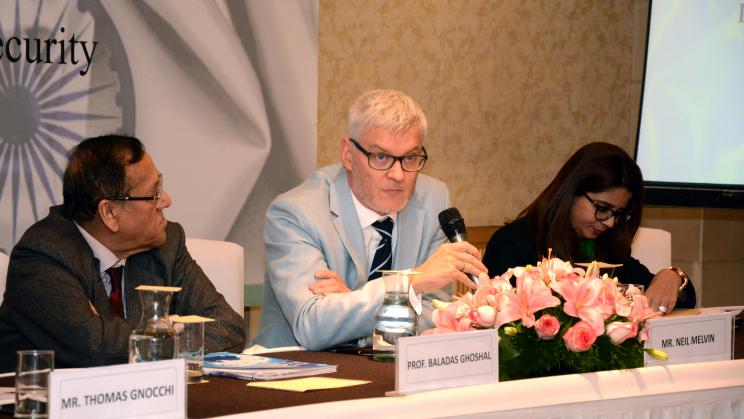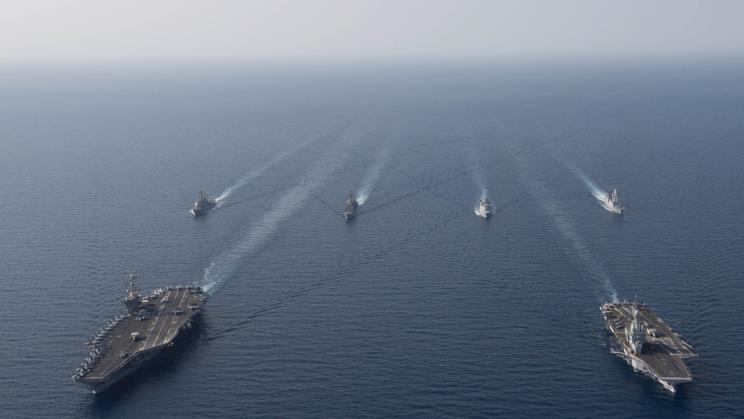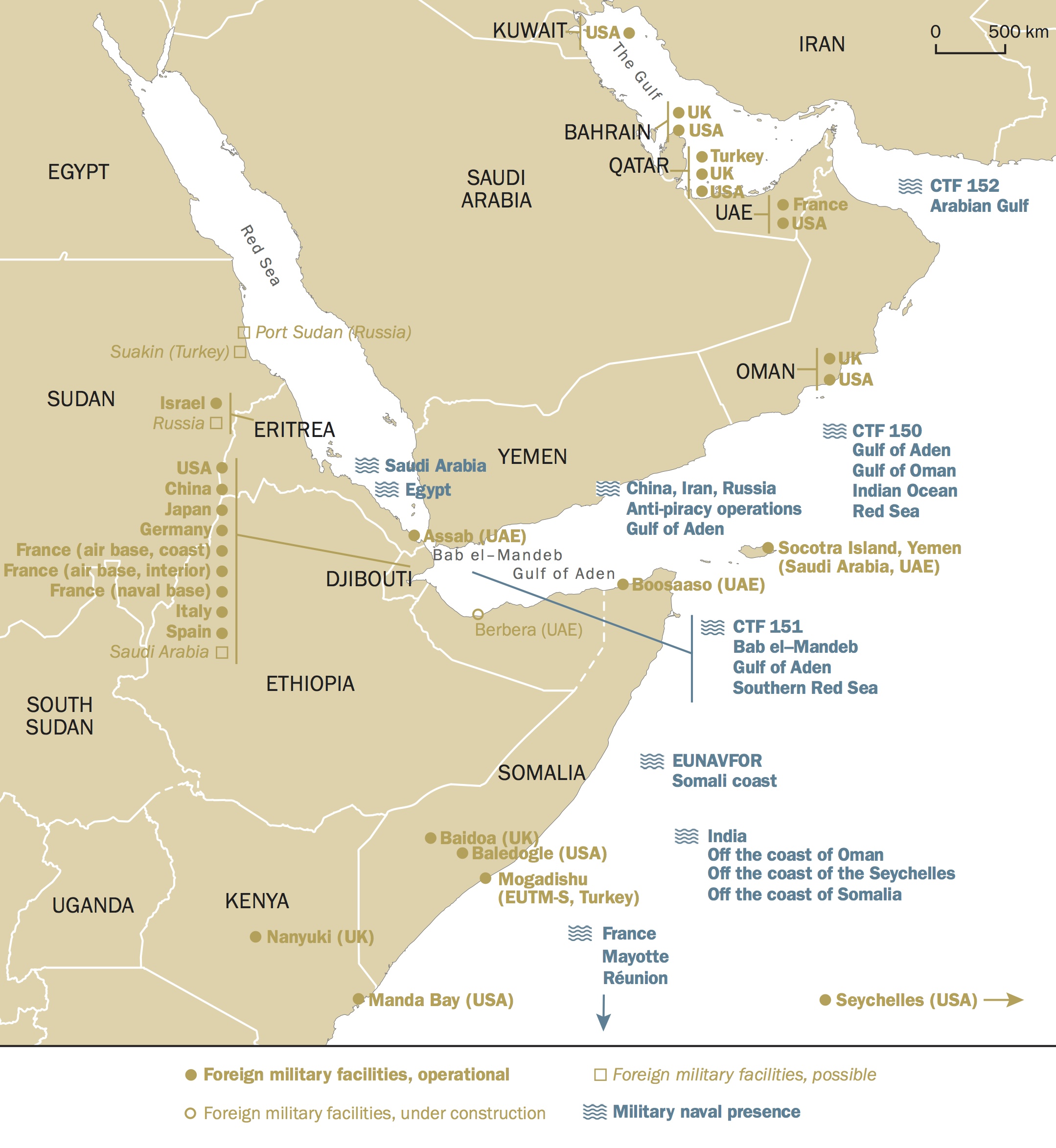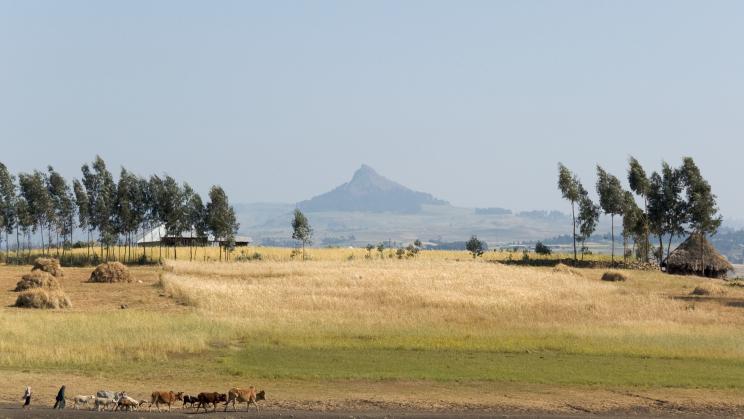SIPRI co-hosts workshop on maritime security in the Indian Ocean region

On 7–8 February, SIPRI, in cooperation with India’s National Maritime Foundation and the Delegation of the European Union (EU) to India, organized a workshop in Delhi entitled ‘Securing the Maritime Commons: India, the European Union and Indian Ocean Maritime Security’. The workshop brought together senior military and civilian officials, as well as leading experts on maritime security from India and the EU.
The two-day workshop focused on sharing strategic perspectives on traditional and non-traditional maritime security challenges across the Indian Ocean region. It identified potential areas of cooperation on issues of anti-piracy, maritime crime and maritime domain awareness, as well as explored opportunities to strengthen regional and oceanic governance in the Indian Ocean.
Dr Neil Melvin, Senior Researcher at SIPRI on Horn of Africa and Indian Ocean security, was a co-organizer of the event and a speaker in several of the workshop sessions.
More information about the event can be found here.


